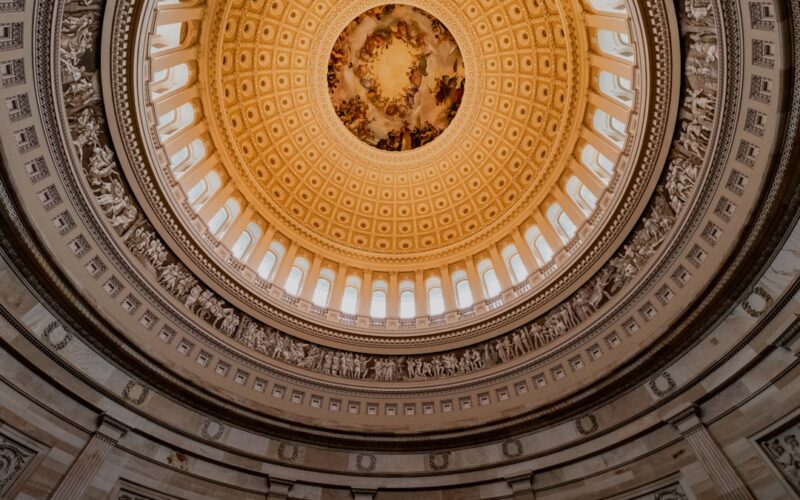WASHINGTON – After nearly six weeks of disruption, the U.S. Senate took a major step Sunday night toward ending the longest government shutdown in the country’s history, advancing a hard-fought bipartisan funding deal that covers the Department of Agriculture, the FDA, the Department of Veterans Affairs, military construction, and the operations of Congress through the current fiscal year.
All other federal agencies would receive funding through January 30, 2025, under a continuing resolution hammered out over the past five weeks by a cross-party team of legislators, including former governors Shaheen (NH), King (ME), Hassan (NH), Majority Leader John Thune, and White House negotiators.
Key Compromises and Political Fallout
The breakthrough came as a bloc of eight Senate Democratic centrists joined Republicans to advance the deal, overcoming gridlock after 14 earlier votes failed. As part of the compromise, Democrats secured a commitment from the Trump administration to rehire government workers fired at the onset of the funding lapse, along with a Senate floor vote in December to extend expiring Affordable Care Act (Obamacare) tax credits.
Not everyone is thrilled. While Majority Leader Thune said, “I’m optimistic that after almost six weeks of this shutdown, we’ll finally be able to end it,” some Democrats voiced frustration over the health care provisions. Senate Minority Leader Chuck Schumer and progressive Democrats have criticized the package for potentially allowing health insurance premiums to rise if ACA tax credits are not ensured. Outside Congress, New Jersey Gov.-elect Mikie Sherrill warned, “Make no mistake, if this deal passes, it will lead to New Jerseyans paying far more for their [health care],” while Rep. Ro Khanna bluntly called for Schumer to be replaced.
What’s Next?
Even with Sunday’s successful procedural vote, the deal still awaits passage in the House of Representatives—a process likely to extend into the week. Research from the Congressional Budget Office estimates the 40-day shutdown has cost federal workers over $3 billion in lost wages, all of which must now be unwound.
The current compromise—while ending the immediate crisis—only pushes major fights into the new year. There’s also no guarantee the Obamacare tax credits extension will pass in December, setting the stage for another contentious showdown. But for the nearly two million federal employees and millions more who rely on government services, any deal to reopen Washington can’t come soon enough.










